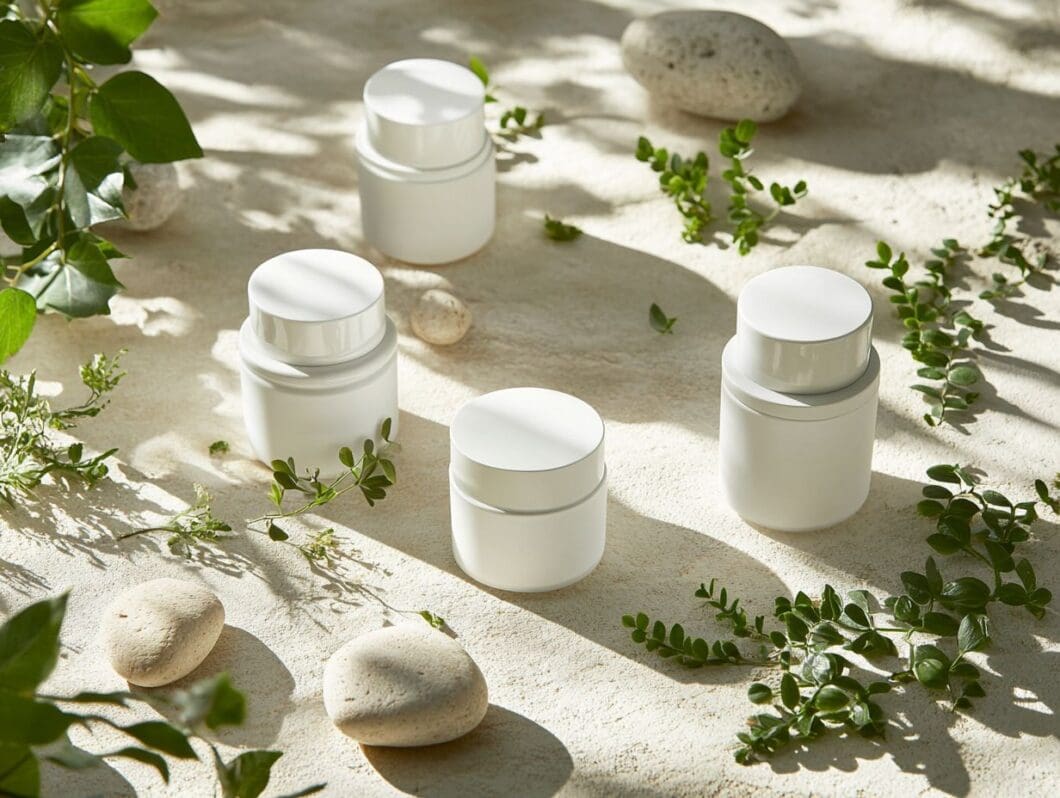Dealing with oily skin can be a challenge, but understanding its unique characteristics is the first step to effective care.
This article explores the causes of oily skin, guides you in choosing the right moisturizer, and highlights some top product recommendations.
It also shares essential tips for application and common mistakes to avoid that can worsen your skin’s condition.
Get ready to transform your skincare routine and achieve a balanced, radiant complexion!
Key Takeaways:
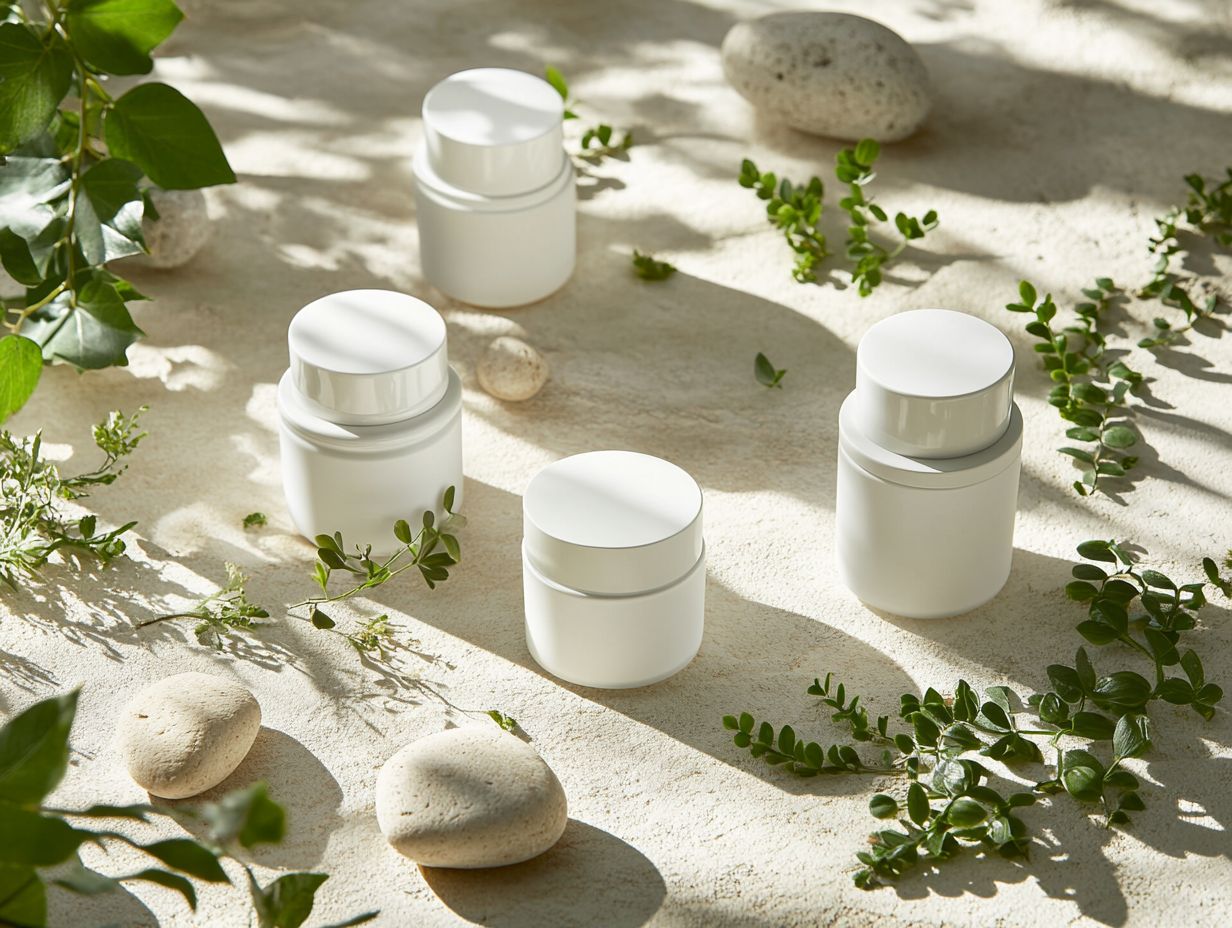
Understanding Oily Skin
Understanding oily skin is essential for selecting suitable skincare and cosmetic products. Oily skin is characterized by excessive sebum production, which can result in a shiny complexion and enlarged pores, rendering it more vulnerable to acne and other blemishes. For more information, check out the Best Moisturizers for Oily Skin.
It is important to recognize the specific needs of oily skin, including the necessity for adequate hydration without clogging pores and the selection of appropriate products, in order to achieve a balanced and healthy appearance. Various factors, such as genetics, hormonal fluctuations, and environmental conditions, can contribute to oily skin, thereby necessitating a targeted skincare regimen that effectively addresses these characteristics.
Causes and Characteristics
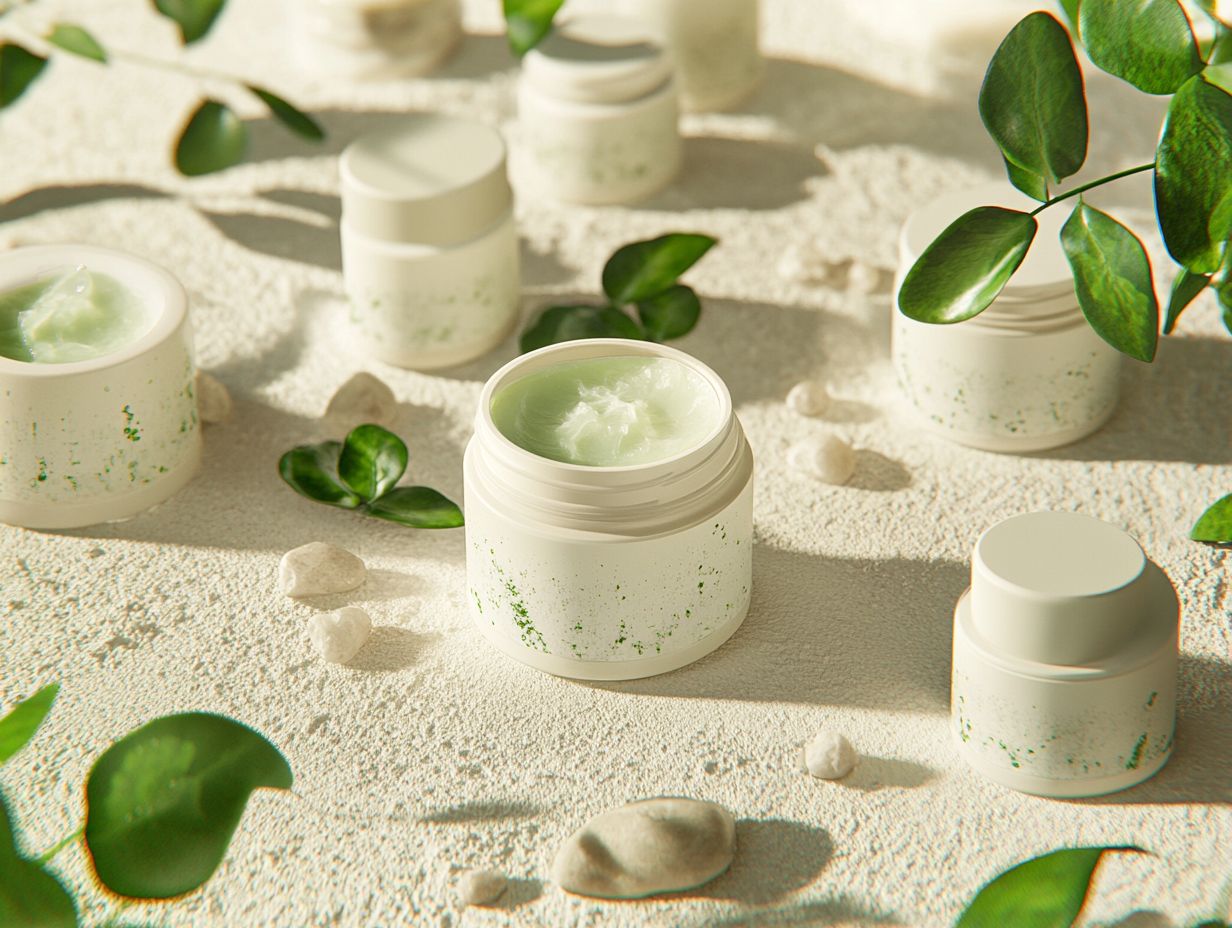
The causes of oily skin are multifaceted, often influenced by genetics, hormonal fluctuations, and environmental factors, all of which contribute to increased activity of the sebaceous glands.
For instance, during periods of puberty, menstruation, or pregnancy, individuals may experience significant hormonal changes that enhance oil production, resulting in a shiny complexion and enlarged pores. Common characteristics of oily skin typically include a greasy appearance, frequent breakouts, and visible blackheads.
To address these challenges, incorporating ingredients such as niacinamide and salicylic acid into skincare routines can be particularly effective. Niacinamide assists in regulating sebum production while providing anti-inflammatory benefits, whereas salicylic acid penetrates deeper to exfoliate and unclog pores. These ingredients are excellent choices for managing oiliness and preventing acne.
Choosing the Right Moisturizer
Selecting an appropriate moisturizer for oily skin necessitates a thoughtful evaluation of various factors, including formulation, texture, and compatibility with the specific needs of your skin.
It is imperative to choose a non-comedogenic moisturizer that will not obstruct pores or worsen oiliness or acne. Furthermore, opting for a lightweight texture and a fragrance-free formulation can greatly enhance skin hydration without causing excessive heaviness.
A thorough understanding of the advantages and disadvantages of different moisturizers will enable individuals to make informed decisions that promote healthier, more balanced skin.
Key Factors to Consider
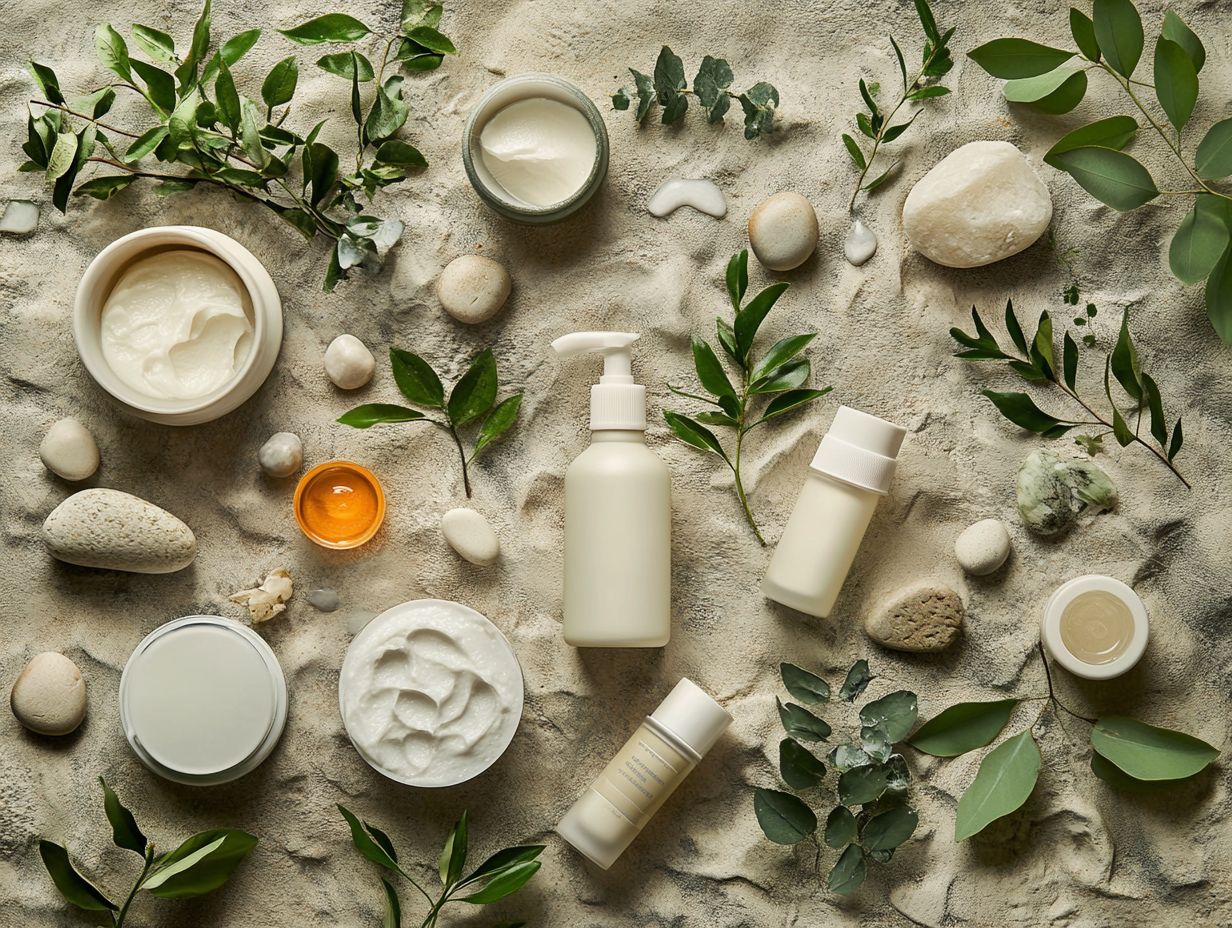
When selecting a moisturizer for oily skin, it is essential to consider ingredients that provide hydration without contributing additional oil, such as hyaluronic acid and glycerin. For a detailed guide, check out the Best Moisturizers for Oily Skin.
A well-formulated hydration peptide cream can be instrumental in this regard, as it helps to lock in moisture and support the skin’s barrier. For individuals seeking gel moisturizer options, it is advisable to look for lightweight formulations that incorporate soothing components like aloe vera and green tea extract, as these ingredients not only hydrate but also assist in controlling shine.
Brands such as EltaMD and IT Cosmetics are particularly noteworthy, as their products frequently offer superior moisture retention while remaining non-comedogenic, making them ideal choices for oily skin. By prioritizing these reputable brands, individuals can ensure that their skin receives the necessary hydration without the heavy feel typically associated with traditional moisturizers.
Top Moisturizers for Oily Skin
Selecting the most suitable moisturizers for oily skin requires a careful evaluation of products that deliver effective hydration while minimizing the risk of breakouts or excessive shine. Such products are frequently available at reputable retailers, including Sephora.
Product Recommendations and Reviews
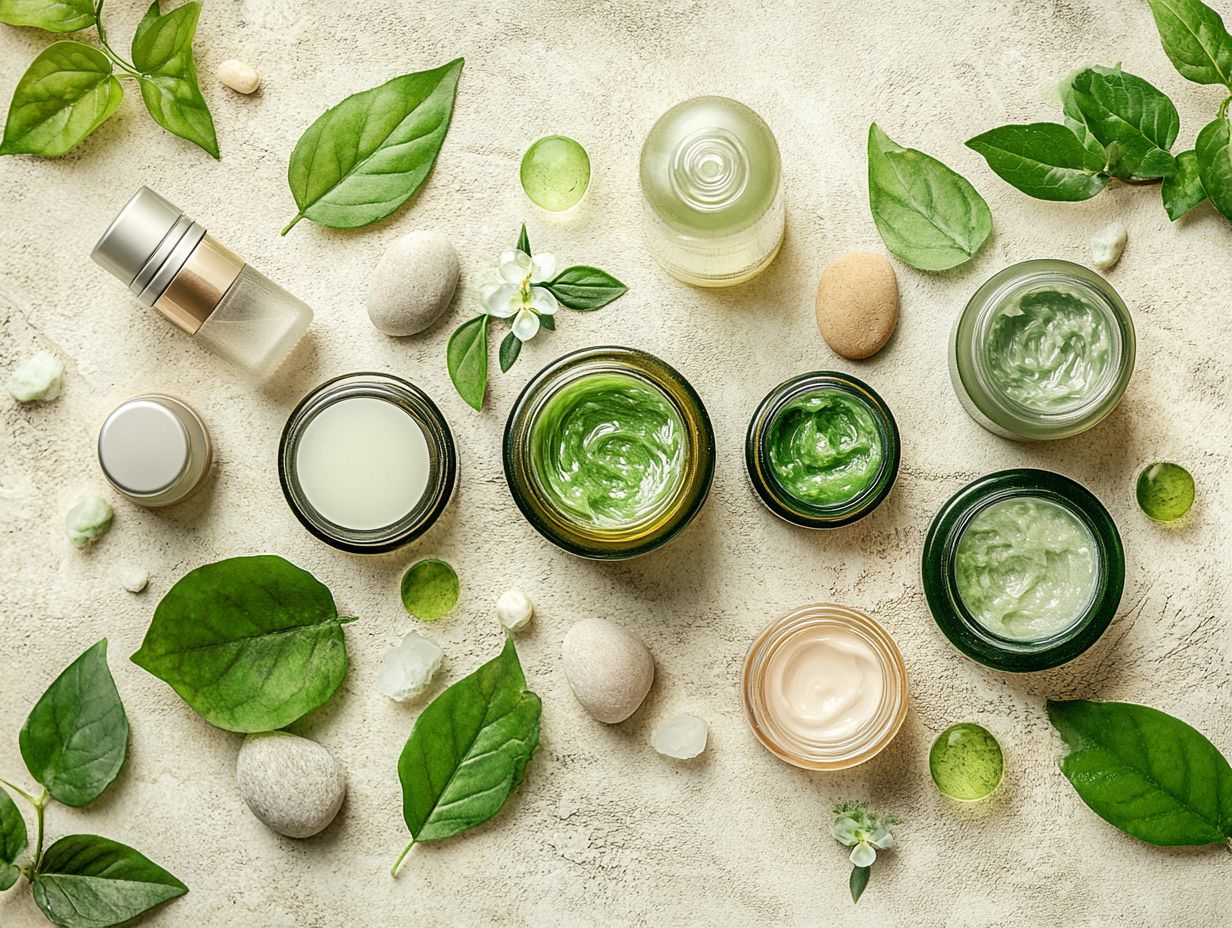
In the realm of product recommendations for individuals with oily skin, several notable options consistently receive acclaim for their effectiveness, including La Roche-Posay Toleriane Double Repair and Clinique Moisture Surge.
These moisturizers are recognized for their lightweight textures, which provide hydration without leaving a greasy residue. Users often commend the soothing properties of La Roche-Posay’s formulation, which incorporates ceramides and glycerin to enhance the skin barrier and maintain moisture levels. Conversely, Clinique’s product is celebrated for its refreshing gel-like consistency and the inclusion of aloe vera and hyaluronic acid, offering a lasting surge of hydration. For more options, check out the Best Moisturizers for Oily Skin.
While both products adeptly address concerns associated with oily skin, it is essential to acknowledge that individuals with sensitive skin may experience mild irritation. Consequently, conducting a patch test is a vital step in any skincare regimen.
Tips for Using Moisturizer on Oily Skin
Effectively applying moisturizer on oily skin requires a thorough understanding of specific techniques tailored to its unique needs. This approach ensures optimal hydration while preventing any exacerbation of oiliness.
Application Techniques and Dos and Don’ts
Mastering application techniques is essential for optimizing the effectiveness of moisturizers designed for oily skin, particularly when choosing lightweight and non-comedogenic formulations.
Understanding the proper layering of products can significantly impact the attainment of a balanced complexion. For more information, check out the Best Moisturizers for Oily Skin.
To begin, it is advisable to cleanse the face gently, as this step removes impurities that may obstruct the absorption of moisturizer. Following cleansing, the application of a toner is recommended, as it prepares the skin to better receive moisture.
When applying the moisturizer, a dime-sized amount should suffice, and it should be blended into the skin using circular motions to ensure even distribution without pulling at the skin. It is important to avoid excessive application, as too much product can result in greasiness and clogged pores.
Additionally, it is crucial to allow a few moments for the moisturizer to settle before layering additional products, ensuring optimal efficacy.
By following these guidelines, individuals with oily skin can experience the benefits of hydration without compromising the clarity of their skin.
Common Mistakes to Avoid
Avoiding common mistakes in the care of oily skin is crucial for maintaining a balanced complexion and preventing breakouts, especially when it comes to the selection and application of moisturizers.
Skincare Habits that Can Worsen Oily Skin
Certain skincare habits can aggravate oily skin, resulting in heightened oil production, breakouts, and other complications that undermine the effectiveness of one’s skincare routine.
The use of inappropriate products, particularly those containing heavy oils or comedogenic ingredients, can obstruct pores and exacerbate the condition. Additionally, neglecting proper cleansing—whether through the use of an inadequate cleanser or by omitting steps in the routine—can lead to the accumulation of excess oil and impurities on the skin’s surface.
Proper maintenance is especially crucial when selecting a moisturizer. Understanding the advantages and disadvantages of various formulations, such as those labeled ‘oil-free’ versus those designed for hydration, enables individuals to make informed decisions that promote balance and do not further aggravate their skin’s natural tendencies.


